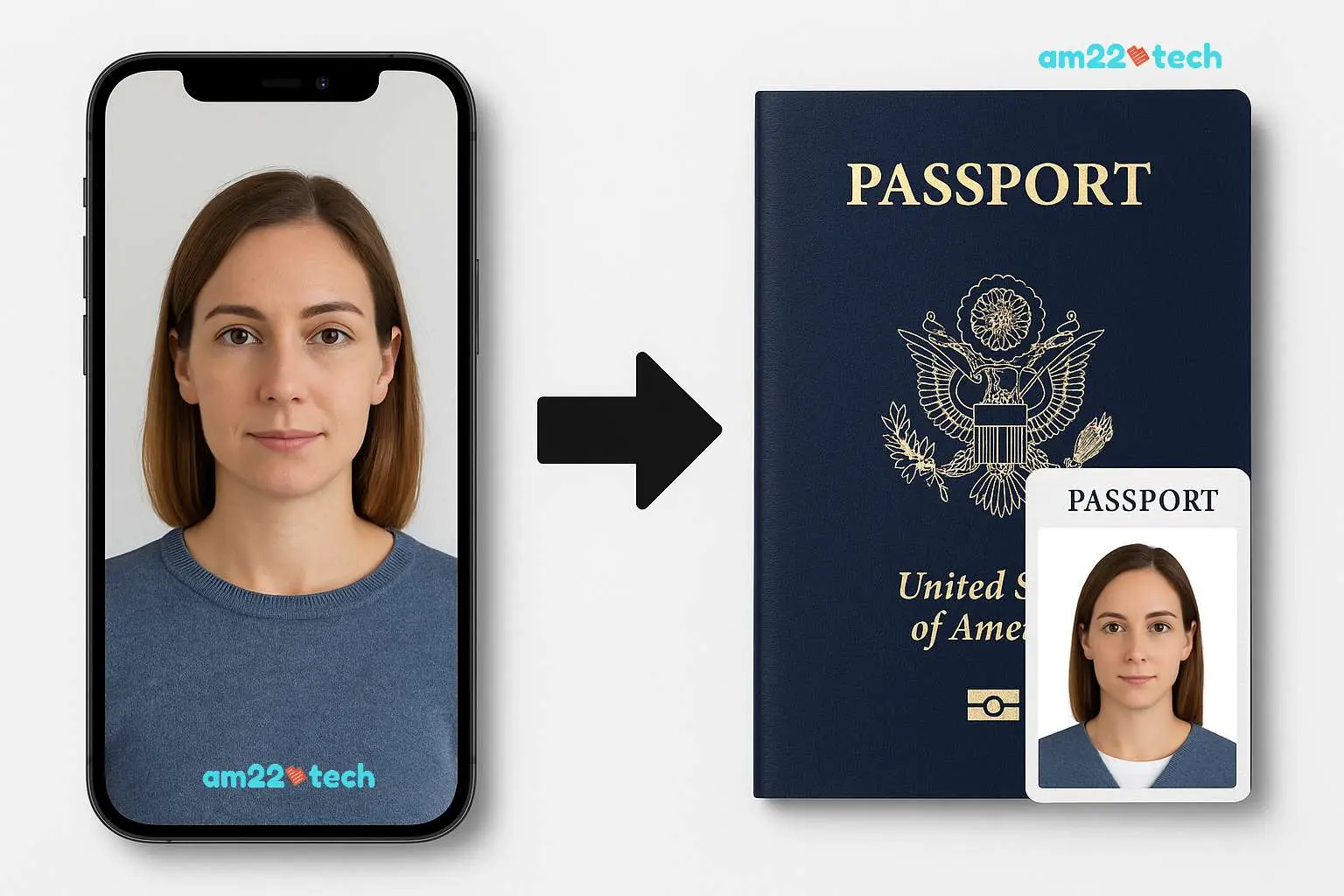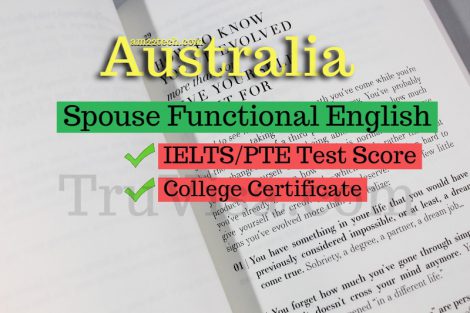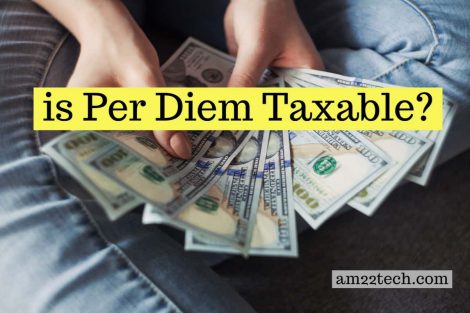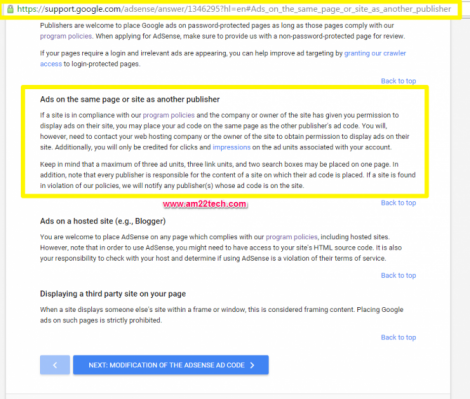SBI Maxgain is a type of home loan account that helps you park your extra money to save home loan interest. In banking terms, this is an overdraft account (OD account).
SBI transfers money to Maxgain account immediately after your home loan has been sanctioned.
A cheque is drawn by SBI bank from your Maxgain overdraft account in favor of the builder.
You will have to submit the developer’s demand letter to the bank to get this cheque. This process is called disbursement of a loan.the
The negative balance visible in Maxgain is total sanctioned home loan amount for your property.
You will pay loan interest ONLY on the amount that has been disbursed or drawn from the Maxgain OD account at any given point in time.
You do not pay the interest on the complete balance in your OD account unless it has been disbursed.
A non-resident Indian (NRI) can obtain an SBI Maxgain home loan.
You can also maintain your existing Maxgain account if you are moving to a country like the USA, Canada, Australia, or the UK among others using the power of attorney.
Note that Bank may require you to convert your existing savings bank account to NRO account to comply with Indian government guidelines under KYC (Know your customer).
How to Earn High Interest with SBI Maxgain
If you have surplus money in your any bank’s savings account, you can park it in maxgain account to save on Home Loan interest.
The normal savings account earns interest in the range of about 3-6% and then you have to pay income tax on interest earned.
Transferring money to this OD account will save you interest on your pending home loan which would be somewhere in the range of 8-12%.
Example,
You have 10,000 rupees extra sitting in your savings account earning about INR 33.3 @4% P.A. for 1 month as interest.
If you transfer this amount to your Maxgain account, you would then save INR 83.33 @10% P.A. for 1 month as interest.
A good difference of 83.33 – 33.33 = 50 rupees a month!
That is why we say: “Money saved is money earned“
You would not receive the interest from SBI but this INR 83.33 would be the amount that you would NOT pay as interest on your home loan to bank. Hence, your savings on the loan interest can be counted as your income.
To add more benefit, this interest is NOT even taxed as it is your virtual income!
Do SBI Pay Interest on Positive Book Balance?
There is no interest paid out by SBI if the book balance in Maxgain account is positive.
A positive book balance in Maxgain OD account means that you have re-paid the total loan amount. There is nothing DUE from your side to the bank.
If you have pre-paid the full loan i.e. much before the initial timeline, it is better to close the max gain account and get the EMIs stopped.
You have to go and close it explicitly. SBI will NOT automatically stop the EMI deduction if your book balance turns positive by way of pre-paying.
How Can Maxgain Book Balance Get Positive?
The balance in the Maxgain home loan account will mostly be negative till the time you have not re-paid the loan.
There is a possibility that you have pre-paid your due balance earlier than the complete loan tenure.
Example,
If I repay the complete amount within 4 years for a loan of 10 years and do NOT stop the EMI cycle, the bank would deduct the installment and deposit it in my OD account.
The Maxgain account would then start accumulating the positive balance.
Saving Money by Paying Less Maxgain Interest?
You have the facility of doubling up the benefits with the Maxgain OD account. On one hand, you are paying lesser interest to the bank on the total loan, and on the other hand, you are earning more interest on your savings.
Example:
| Complete Cost of Apartment | 35,20,000 |
| Paid out of pocket | 15,20,000 |
| Loan Applied For | 21,00,000 |
| SBI Maxgain Home loan (Sanctioned amount) * – Generally lesser than what you apply for – so keep a buffer | 20,65,000 |
| Maxgain OD account balance * | -20,65,000 |
| Rate of interest (Locked for first 3 years) | 8%,9%,9%, market rate afterwards |
| Rate of interest on market rate in 4th year | 11.75% |
* values have been rounded off to nearest thousand for easier understanding
If you can transfer an amount equal to the monthly EMI each month to the Maxgain Home Loan account, you can pay lesser interest every passing month.
Now, the question arises that if I had enough monthly income to support a higher EMI, then why I did not opt for it in the first place?
AI Passport & Visa Photos in Minutes!
No studio, no waiting. Get perfectly compliant photos from your phone.
✨ Get My Photo Now See how our AI transforms your phone photo into an embassy-ready passport picture!
See how our AI transforms your phone photo into an embassy-ready passport picture!Well, the question is very good and the answer simply lies in the way SBI (or any other bank) calculates your loan eligibility.
If the eligibility just hovers around a total loan of 21 lakhs, by all means, the EMI will be set up for 240 months at the rate of Rs. 17000 per month.
Since, you can use the allowances like LTA and medical (part of salary structure) which the Bank did not consider for calculating loan limits, towards your savings, you can pre-pay an extra amount each month.
Also, the loan limits by banks are set keeping in mind the current salary levels of a person. The loan tenures generally span multiple years and your income stands a chance to increase.
If your income increases, it should become easier for you to pre-pay more than what was set up bank earlier.
My advice is to pre-pay as much as you can if you cannot use the same set of money for earning more than, what you are paying as interest on the loan.
How to Withdraw Money from SBI Maxgain?
You can withdraw surplus money from SBI Maxgain if these conditions are met:
- Property possession has been given by the Builder.
- A full sanctioned loan has been disbursed by Bank.
SBI will issue a Cheque book and internet banking for this Maxgain OD account only when the home (property) has been registered in your name.
You will not be able to withdraw the extra money parked in the Maxgain account if your property is under-construction.
Close Maxgain Home Loan Account
The only way to close the account is to re-pay the complete loan amount. Step by step process to close Maxgain Loan account for Indians living in India and NRIs.
Please note that there is a substantial difference between the similar home loan products of government banks vs private banks. You should carefully understand the terms and conditions before signing any documents.



